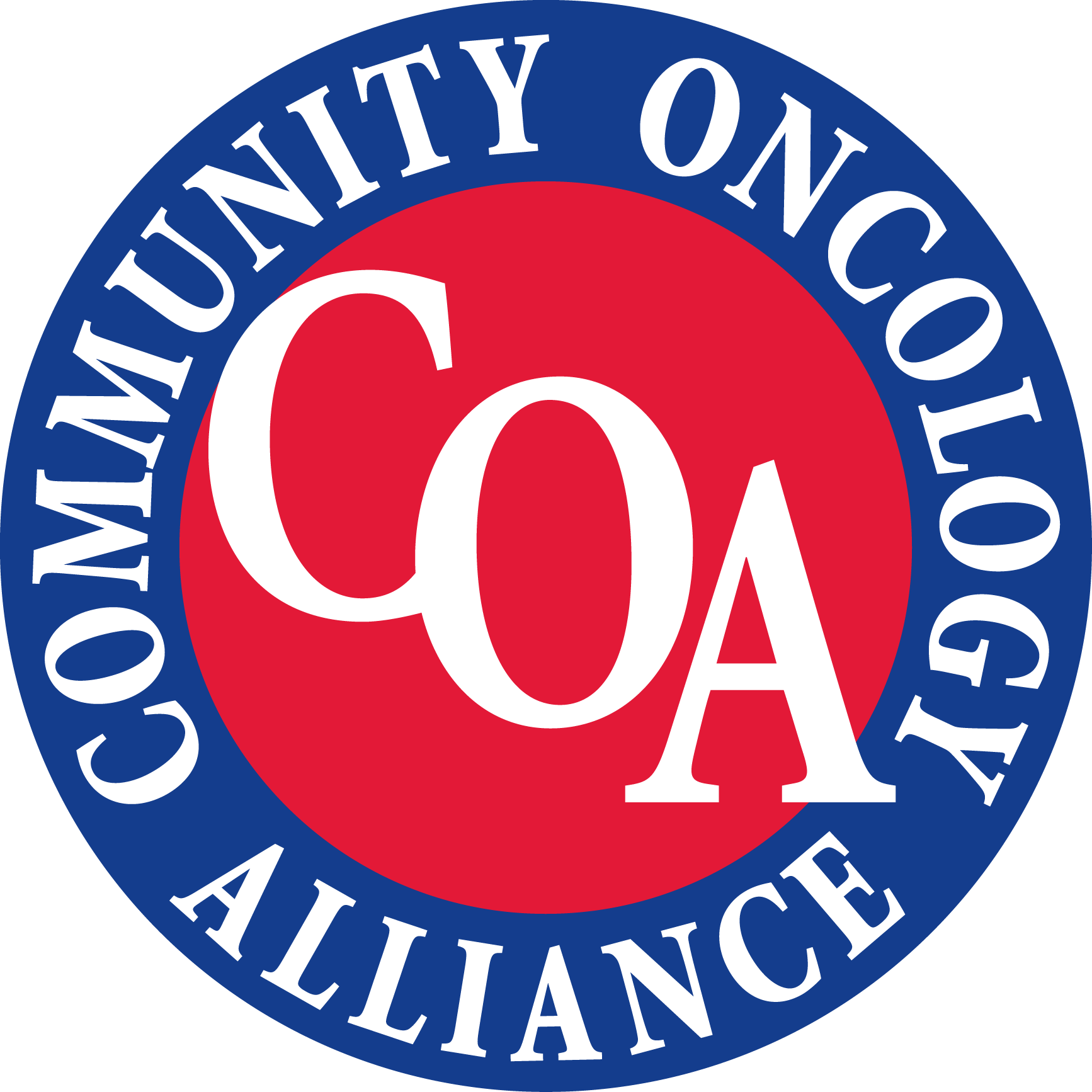
Dr Michael Diaz Discusses Feedback From Practices in 2-Sided Risk

Oncology practices in 2-sided risk arrangements have reported mixed results, pointing to the need for more time to make the transition, said Michael Diaz, MD, president of Community Oncology Alliance.
Oncology practices in 2-sided risk arrangements have reported mixed results, pointing to the need for more time to make the transition, said Michael Diaz, MD, president of Community Oncology Alliance.
Transcript:
Are you receiving any early feedback from practices that have moved to 2-sided risk?
We have been hearing from other practices. I think that because right now we’re still getting feedback from the later performance periods, before people had to switch in 2-sided risk, we’re getting mixed results, because not everybody is in 2-sided risk in the first place. Those that have gone to 2-sided risk, some are doing extremely well. I have not heard from those that are in 2-sided risk and have not done well. The only other things that I have heard is that as we proceed, and we get data from subsequent pay periods, things are changing and people aren’t performing as well as they thought they might. They’re not sure why but there’s just a delay in the time required for the feedback. I haven’t heard anything from the practices since we had to decide to accept the 2-sided risk model for this period, but I’m sure that we will hear more as time evolves. That’s another reason why it wouldn’t necessarily be a bad idea to sort of delay the initiation of a new model, because the amount of time in between the period during which we’re taking care of patients and the time we get the feedback, there’s such a delay. It’s a little difficult to make changes very quickly, because we just don’t get the information very quickly. We just need the time to improve our processes. If we could narrow down the time interval from when we are seeing patients in the performance period to the time we get the information results and understand why we did how we did, if we can get that time interval narrowed down, then it would probably be easier to transition and evolve at a faster rate.
Newsletter
Stay ahead of policy, cost, and value—subscribe to AJMC for expert insights at the intersection of clinical care and health economics.








